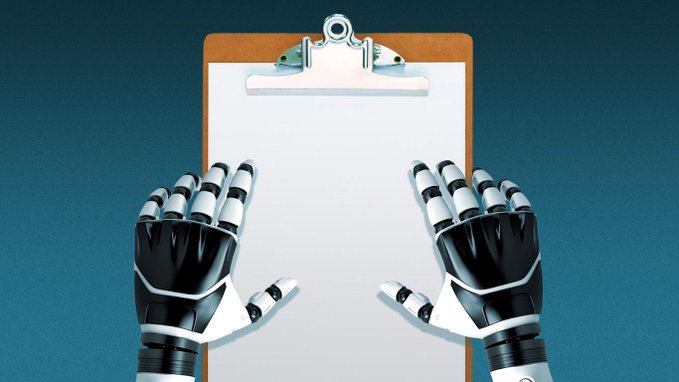
Arguably the most consequential technological transformation of our lifetimes is coming faster than we think — and we’re not adequately prepared.
Why it matters: Artificial intelligence is rapidly improving at human-like tasks, like language and reasoning.
- And the number of plugged-in experts who say we have years and years to prepare ourselves for AI’s rise is dwindling, the New York Times lays out in a stunning new report.
Case in point: Five years ago, AI’s big win was that AlphaGo — a machine built by Google — beat humans at the game Go, which was one of the last games where humans still had the upper hand.
- But even that seems minor compared with last year when Google’s AI solved a molecular biology problem that had confounded scientists for decades, the Times reports.
What’s happening: We asked the top experts in our newsroom exactly what AI can and can’t do — and how we should be thinking smartly about it.
Yes, AI is getting smarter. It will keep getting astonishingly better at suggesting possibilities, like videos to watch, and extending patterns, like next things to say in a chat, Axios managing editor of technology Scott Rosenberg tells us.
- But for the foreseeable future, people will remain the arbiters of which possibility is actually best, or which pattern is useful.
- In this sense, AI will always be a tool — but one so powerful and able to operate independently enough that we can be forgiven for mistakenly seeing it as autonomous.
But AI’s results are only as good as the algorithms and the data used to train the systems, both of which are susceptible to bias, Axios chief tech correspondent Ina Fried notes.
